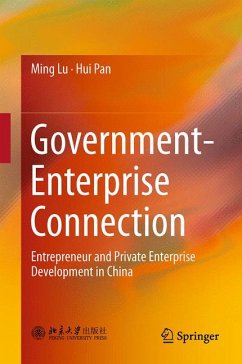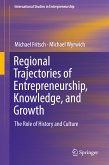- Why and how does China have such special enterprise-entrepreneur-government relationships?
- Do enterprises' political connections in the form of entrepreneurs' political status help improve the performances of these enterprises?
- Which of the surveyed entrepreneurs could become members of the People's Congress and the People's Political Consulting Conference?
- How do entrepreneurs feel when they are faced with greater government intervention?
- How will China move ahead in the ongoing reform and development in the light of the enterprise-entrepreneur-government relationship?
This book examines the way in which China's enterprise-entrepreneur-government relationship helps enterprises develop in a transitional market. In the appendix to this book, one of the authors, Ming Lu, provides evidence, based on data from listed companies, that having political connections can help enterprises enter the markets of provinces other than their place of registration. However, this political connection also distorts the market by giving the entrepreneurs more opportunities to develop their business. At the same time, those entrepren
eurs who face interventions from the government also shoulder greater costs in the form of loss of psychological happiness. The inference of this book is that at some point in the foreseeable future, China will gradually build its market system and integrate its domestic markets, so that private enterprises will no longer rely so heavily on their political connections.
Dieser Download kann aus rechtlichen Gründen nur mit Rechnungsadresse in A, B, BG, CY, CZ, D, DK, EW, E, FIN, F, GR, HR, H, IRL, I, LT, L, LR, M, NL, PL, P, R, S, SLO, SK ausgeliefert werden.









